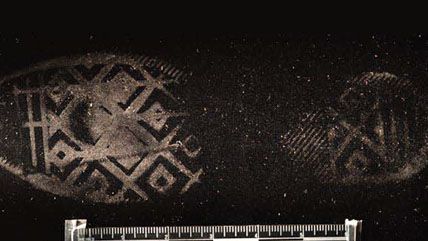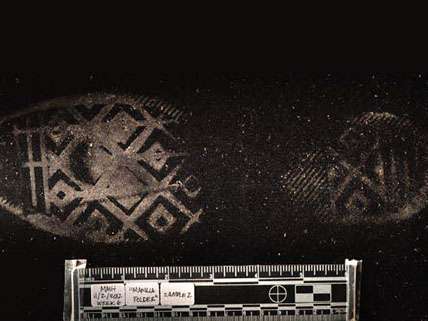Forensic Science Is a Mess, and the Justice Department Wants to Keep It That Way


A White House council has declared junk science all too common in the criminal justice system, but the Department of Justice is refusing to implement recommendations that would increase safeguards against scientifically invalid testimony and require greater disclosure of misconduct and shoddy work.
In September the President's Council of Advisers on Science and Technology (PCAST) released a report finding "a dismaying frequency of instances of use of forensic evidence"—such as analyses of hair, bite marks, and shoe prints—"that do not pass an objective test of scientific validity."
This is not just a theoretical problem. Last year, the FBI admitted that nearly every one of the experts at its microscopic hair analysis lab had given scientifically invalid testimony. The breaches affected almost 270 cases. Of those, 32 defendants were sentenced to death, and 14 were executed or died in prison.
When The Washington Post investigated the probe, it found that "while many prosecutors made swift and full disclosures [to defendants], many others did so incompletely, years late or not at all." One defense attorney only learned his client's case had been affected after he read it in the Post.
Despite these embarrassments, the Justice Department rejected PCAST's recommendations, which include requiring forensic experts to disclose high error rates in their testimony and discontinuing use of methods that haven't been independently verified.
Attorney General Loretta Lynch told The Wall Street Journal that "the department believes that the current legal standards regarding the admissibility of forensic evidence are based on sound science and sound legal reasoning."
One of those "sound" methods she's defending is bitemark analysis. But the PCAST report found that "available scientific evidence strongly suggests that examiners not only cannot identify the source of bitemark with reasonable accuracy, they cannot even consistently agree on whether an injury is a human bitemark."
The vast majority of crime labs are administered by law enforcement, an arrangement that criminal defense lawyers say is akin to a fox guarding the hen house.
Judges, however, are the ultimate "gatekeepers" of what evidence is admissible in court, and some of them are taking notice of these concerns. In a September Wall Street Journal op-ed, Alex Kozinski, the outspoken chief judge of the 9th Circuit Court of Appeals, called on the Justice Department to reject the "voodoo science" plaguing courts.
"Among the more than 2.2 million inmates in U.S. prisons and jails, countless may have been convicted using unreliable or fabricated forensic science," Kozinski wrote. "The U.S. has an abiding and unfulfilled moral obligation to free citizens who were imprisoned by such questionable means."
This article originally appeared in print under the headline "Forensic Science Is a Mess, and the Justice Department Wants to Keep It That Way."


Show Comments (45)